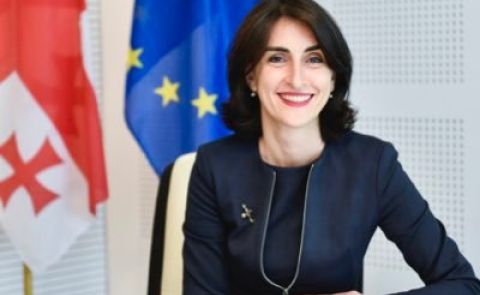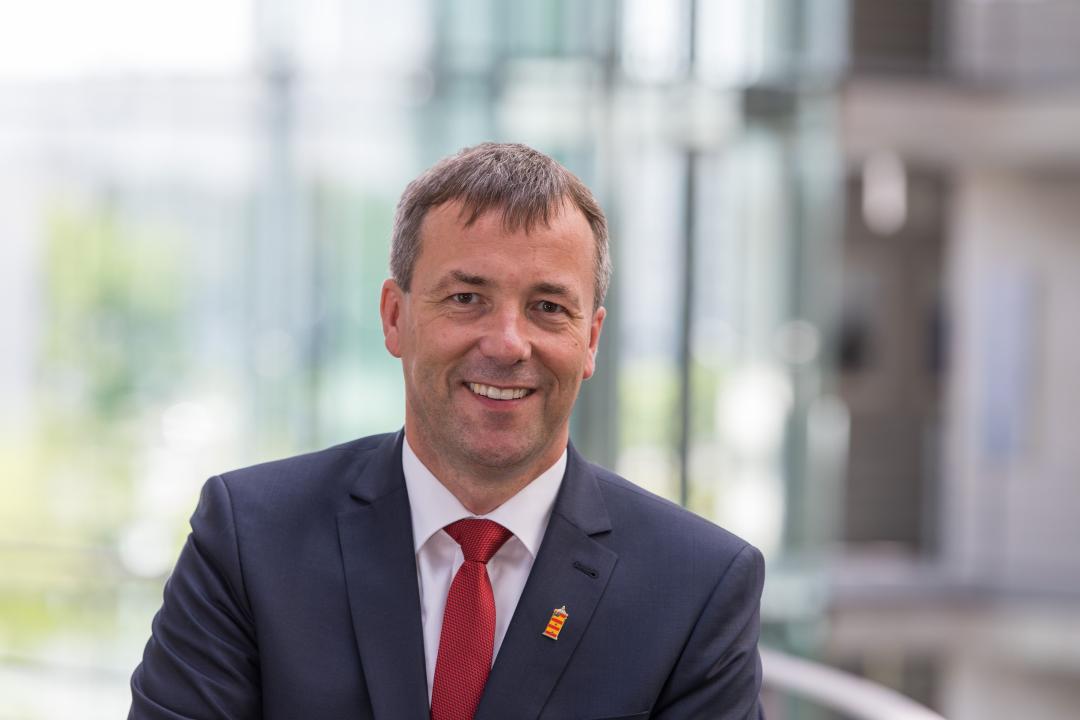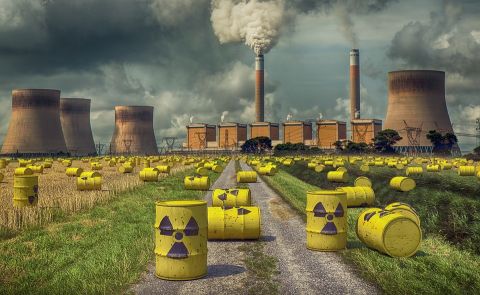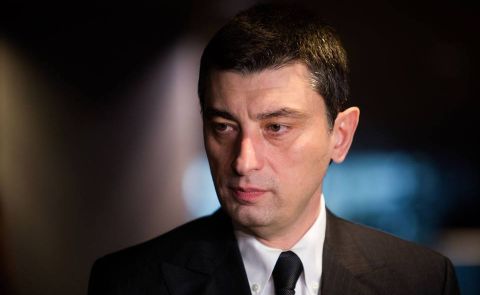
Johann Saathoff on Nagorno-Karabakh: Germany will make its contribution to conflict resolution

You took up the position of the Foreign Ministry’s Coordinator for Russia, Central Asia and the Eastern Partnership on August 26th. What are your priorities in relation to the Caucasus during your term, and are there areas on which you differ from your predecessor?
Currently, I am very concerned about the renewed fighting in the Nagorno-Karabakh region between Armenia and Azerbaijan. This development is very dangerous. The federal government has called on both sides to come to an immediate ceasefire and to return to substantial negotiations. Of course, this event in the Nagorno-Karabakh region unfortunately dominates my work on the South Caucasus these days.
As a member of the Minsk Group and in its role as President of the EU Council, can Germany contribute to defusing the military clashes?
Foreign Minister Heiko Maas called on the conflicting parties on the day the fighting broke out to stop all violent acts. The Nagorno-Karabakh conflict can only be resolved through negotiation. Armenia and Azerbaijan need to return to substantive negotiations. The OSCE Minsk Group with its three Co-Chairs - the USA, Russia and France, is capable to do this. They have also expressly called on the conflict parties to protect the civilian population, which they are obliged to do under international humanitarian law.
As a permanent member of the OSCE Minsk Group, Germany can and will make its contribution to the efforts of the group’s three Co-Chairs. With this in mind, the Chancellor and Foreign Minister Maas held a number of talks, for example with the Prime Ministers of Armenia and the President of Azerbaijan as well as with the Turkish Foreign Minister.
What role can the EU play in de-escalating the situation?
At the European Council on Friday, the EU heads of state and government called on the parties to the Nagorno-Karabakh conflict to put an end to the hostilities and to enter into substantial negotiations without preconditions. The Council supports the mediation efforts of the three Co-Chairs of the OSCE Minsk Group. Josep Borrell, the EU's High Representative for Foreign Affairs and Security Policy, was given the task of looking for ways in which the EU could support a peaceful conflict resolution at the summit.
In addition, the EU Commission has announced humanitarian aid for civilian victims of the fighting on both sides of the Nagorno-Karabakh conflict. It provides half a million Euros for medical equipment, food and other goods for several thousand people. It is very important to look at the needs of the civilian population on both sides of the conflict.
What instruments or plans does Germany have to act within the framework of the presidency of the EU Council with regard to resolving conflicts in the region, especially at the civil society level? Are there any new projects planned for this period related to Nagorno-Karabakh or the conflicts in Georgia?
In Nagorno-Karabakh, as already mentioned, it is now important that the conflicting parties end the violence quickly and return to substantive negotiations. That is the immediate and overarching challenge in the short-term.
Looking at the conflict from a long-term perspective, the importance of civil societies for a lasting peaceful solution becomes clear: Exchanges and encounters from person to person can promote long-term trust between societies and thus prepare the ground for progress in political negotiations. The Foreign Office has been funding a project for years that aims to promote the understanding between people on both sides of the Nagorno-Karabakh conflict through biographical narration. This path remains the right one in the long term.
What about the conflicts in Georgia?
The EU special envoy for the South Caucasus and the crisis in Georgia, Toivo Klaar, visited Georgia at the end of September. There he prepared the next round of the Geneva talks at the beginning of October, which remain the right forum for dealing with the conflicts in Georgia.
Here in Berlin, Foreign Minister Maas opened the European Competence Center for Civilian Crisis Management a few days ago - this center will continue to improve the civilian missions of the EU through advice and personnel development, and of course the important EU monitoring mission in Georgia will benefit from this.
It is still right to open up opportunities for long-term and peaceful prospects for the people in the South Caucasus, and in this regard the EU, as a major peace project of the post-war period, has special expertise.
Let's look beyond the current Nagorno-Karabakh crisis to what will hopefully be a peaceful South Caucasus again. What focal points would you like to set in your work?
In my adolescence, meeting young people from other countries in international summer camps was a formative experience. That is why I would like to focus on the topics of youth and encounters in my work - both of which were near and dear to my predecessor Dirk Wiese as well. The Federal Foreign Office's funding program "Expanding cooperation with civil society in the countries of the Eastern Partnership and Russia" has enabled people from Germany, Armenia, Azerbaijan and Georgia to meet and work on projects together since 2014. This is the type of active work that creates an understanding and peace that is durable in the long term.
Secondly, as a member of the Bundestag from East Frisia, I have been doing economic and, above all, energy policy for years - I had to work on the South Caucasus in the context of this subject before. I would like to contribute this expertise in my new role. Armenia, Azerbaijan and Georgia offer great potential for the expansion of renewable energies, which the governments have set themselves as a goal to varying degrees. Germany has gained important experience in this field with the energy transition and German companies have built special know-how. This is also a great opportunity for an exchange between our societies. The prerequisite for this is of course that the arms between Armenia and Azerbaijan finally fall silent again.
See Also


Pashinyan: “We Are Not Seeking to End Russian Troop Presence in Armenia”

Russia Begins 24/7 Radiation Monitoring in Dagestan After Iranian Nuclear Incident

How Do Caucasus States React to Israel-Iran War?

Weekly Brief on Military Situation in the South Caucasus (9–15 June 2025)

